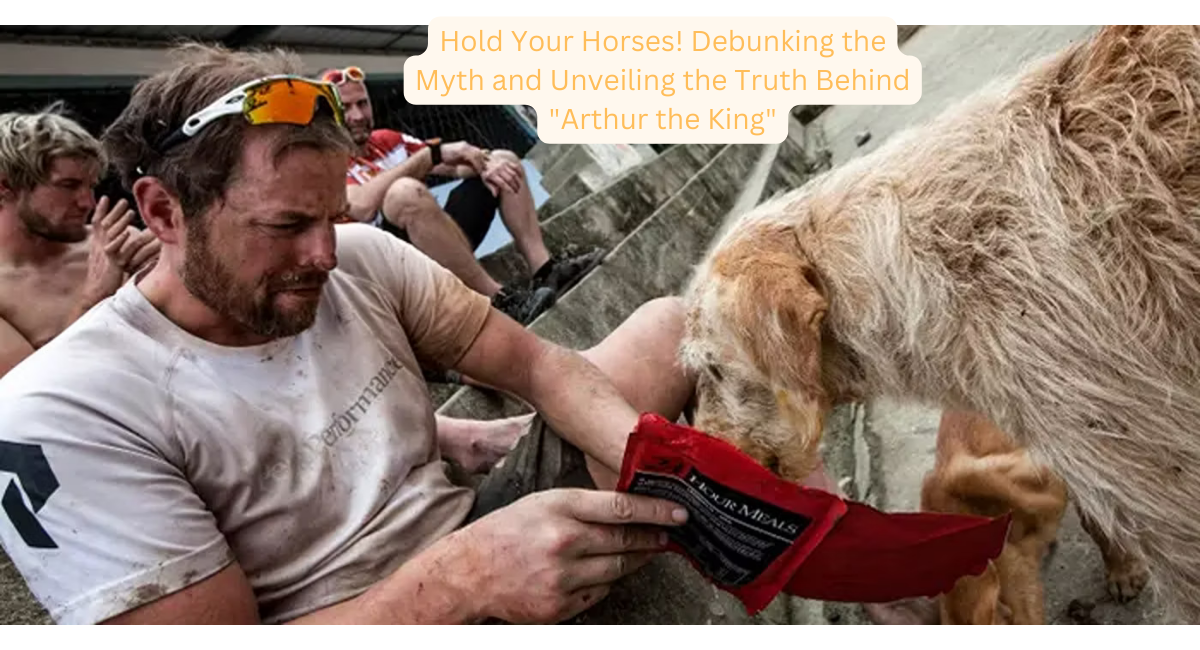Ever since childhood, stories of King Arthur and his Knights of the Round Table have captivated our imaginations. Images of a noble king wielding the mythical Excalibur and leading his valiant knights on quests for justice have become ingrained in popular culture. But is there any truth hidden beneath the layers of legend? Buckle up, history buffs, because we’re about to embark on a quest to separate fact from fiction in the tale of “Arthur the King.“
A Tangled Web: Unraveling the Historical Origins
Pinpointing the exact origins of King Arthur is like chasing a wisp of smoke. There’s no single, definitive historical record that proves his existence. Early references to Arthur appear in Welsh poems and chronicles dating back to the 6th century AD. However, these portray him as a more localized figure, a powerful warlord leading battles against invaders.
Fast forward a few centuries, and Arthur’s legend takes a fantastical turn. Geoffrey of Monmouth, a 12th-century chronicler, penned the “Historia Regum Britanniae,” weaving a fantastical tale of Arthur’s royal lineage, the mythical Camelot, and the Knights of the Round Table. This work, fueled by artistic license and political motives, cemented Arthur as a symbol of unity and chivalry in post-Norman Conquest Britain.
Cast of Characters: From History to Hollywood
So, is there any historical basis for the characters surrounding Arthur? Let’s take a look:
- King Arthur: While historical evidence for Arthur remains elusive, some believe he might have been a real leader who united Celtic Britons against Saxon invaders in the 5th or 6th century AD. His name might be a fusion of various Celtic figures or titles.
- Merlin: This powerful wizard is entirely a product of later literary works.
- Knights of the Round Table: The concept of a group of noble knights gathered around a king likely draws inspiration from historical royal courts, but the specific individuals depicted in Arthurian legend are fictional.
- Guinevere: Arthur’s legendary queen might have been inspired by historical figures, but her role in the love triangle with Lancelot is purely fictional.
Beyond the Quests: The Enduring Appeal of Arthurian Legend
While the historical Arthur might be a mystery, the legend’s impact on literature, art, and popular culture is undeniable. Arthurian tales have inspired countless novels, poems, films, and even video games.
But what makes these stories so enduring? It’s more than just swords and sorcery. Arthurian legend tackles timeless themes like good versus evil, leadership, loyalty, and the search for a utopian society. It reminds us of the virtues we aspire to and the struggles we face as human beings.
A Modern Take on the Legend: The recent 2024 film “Arthur the King” starring Mark Wahlberg doesn’t delve into the historical mystery. Instead, it offers a heartwarming story about a dog named Arthur who forms a bond with a down-on-his-luck athlete during a grueling adventure race. This heartwarming tale shows that the spirit of companionship and perseverance, themes present in Arthurian legend, can resonate even in modern settings.
Conclusion: A Legacy Forged in Myth and Imagination
The legend of King Arthur, whether rooted in historical fact or embellished fiction, has captured hearts for centuries. It serves as a reminder that the stories we tell have a life of their own, evolving and inspiring new generations. So, the next time you encounter a tale of chivalry and courage, remember – the truth behind the legend might not matter as much as the values those stories represent.
Frequently Asked Questions (FAQs)
Q: Was there a real Camelot?
A: There’s no archaeological evidence of a Camelot as depicted in Arthurian legend. Several locations in Britain have been linked to Camelot, but these connections are speculative.
Q: Who is the Holy Grail?
A: The Holy Grail is a mythical cup said to have been used by Jesus at the Last Supper. Its role in Arthurian legend varies depending on the story, often serving as a symbol of spiritual quest or divine favor.
Q: Why is King Arthur still popular today?
A: Arthurian legend continues to resonate because it explores universal themes like honor, justice, and the search for meaning. These stories provide a timeless backdrop for modern interpretations and adaptations.
Q: Where can I learn more about the historical context of Arthur?
A: Exploring early Welsh poems and chronicles, as well as works by Geoffrey of Monmouth, can offer insights into the evolution of Arthurian legend. Consulting reputable historical resources is key when delving into the potential historical roots of the story.

